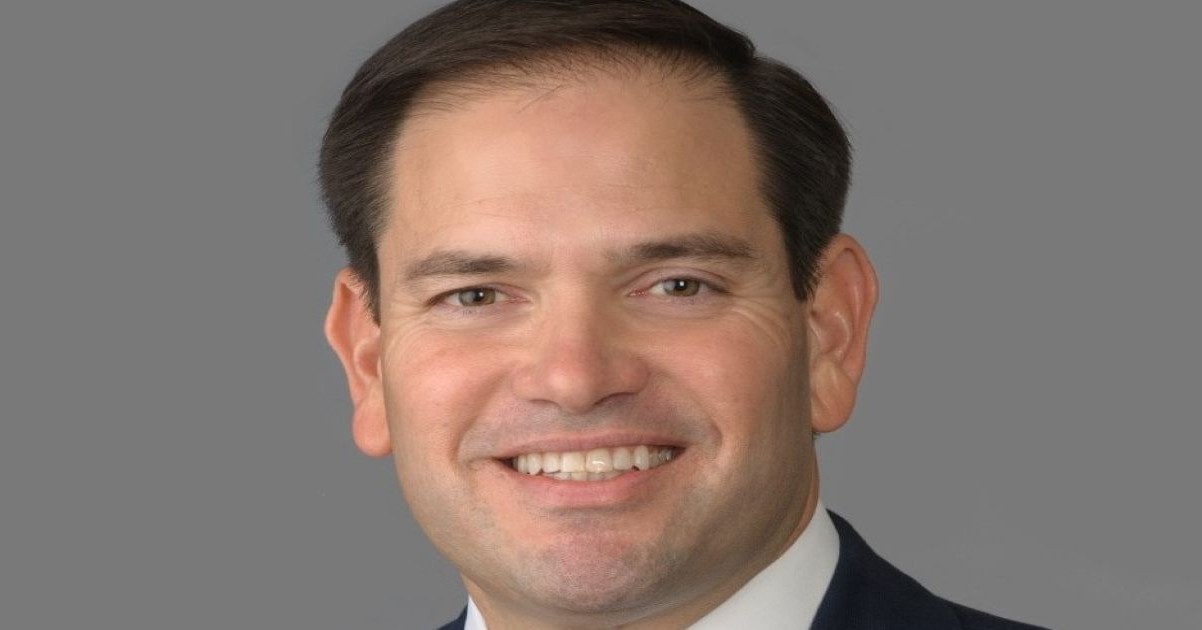Supreme Court will hear oral arguments in two transgender athlete cases in January
Several Republican-led states across the country have passed legislation to protect female athletes from transgender-identifying biological males invading their sports, but some of those common-sense, science-based laws have been challenged by activists and blocked by district court judges.
On Wednesday, the Supreme Court revealed that it has scheduled oral arguments in two such cases to be heard in January, according to Breitbart.
Though it can be difficult to predict how the justices will rule on any specific case, it seems more likely than not that the high court will uphold the state laws, given its 6-3 conservative-leaning majority and how the jurists have ruled in other transgender-related cases so far this year.
Oral arguments scheduled for January
The Supreme Court on Wednesday released its Monthly Argument Calendar for January, which will include hearing seven cases over five days in the middle of that month.
Scheduled for Tuesday, January 13, are the similar but separate cases of Little v. Hecox and West Virginia v. B.P.J., both of which involve transgender athletes who sued the states of Idaho and West Virginia, respectively, over their laws to prohibit biological males from competing in sports designated solely for women and girls.
Those two controversies will be nestled among other high-profile cases being heard in mid-January, including one challenging Hawaii's restrictive concealed carry law and another reviewing President Donald Trump's effort to fire a Federal Reserve governor accused of committing mortgage fraud.
Idaho's law protecting female athletes challenged
The first of the two transgender athlete cases, Little v. Hecox, involves a biological male who identifies as female and goes by the name of Lindsay Hecox, who challenged Idaho’s Fairness in Women’s Sports Act.
Hecox initially found success when a district court blocked the law from being enforced and declared it to be unconstitutional, even though more than two dozen other states have similar laws on the books.
The justices will now consider "Whether laws that seek to protect women's and girls' sports by limiting participation to women and girls based on sex violate the equal protection clause of the 14th Amendment."
Interestingly, SCOTUSblog reported that Hecox, who sought to run women's track events at Boise State University, asked the Supreme Court in September to dismiss as moot and not hear the case, given that he had moved to voluntarily dismiss the matter in district court -- likely in a bid to avoid a potential precedent-setting loss at the highest judicial level.
However, the outlet noted that the justices announced in October that they would wait to make a decision on that request until the oral arguments are heard.
Title IX and the 14th Amendment to be considered
The second case, West Virginia v. B.P.J., was filed by a parent of a transgender athlete in high school who wanted to compete in female sports in West Virginia, but was barred from doing so by that state's law to protect the integrity and safety of female athletics.
That dispute will have the justices weigh in on two separate but related legal issues, the first of which is "Whether Title IX of the Education Amendments of 1972 prevents a state from consistently designating girls' and boys' sports teams based on biological sex determined at birth."
The Supreme Court will also determine "whether the equal protection clause of the 14th Amendment prevents a state from offering separate boys' and girls' sports teams based on biological sex determined at birth."





